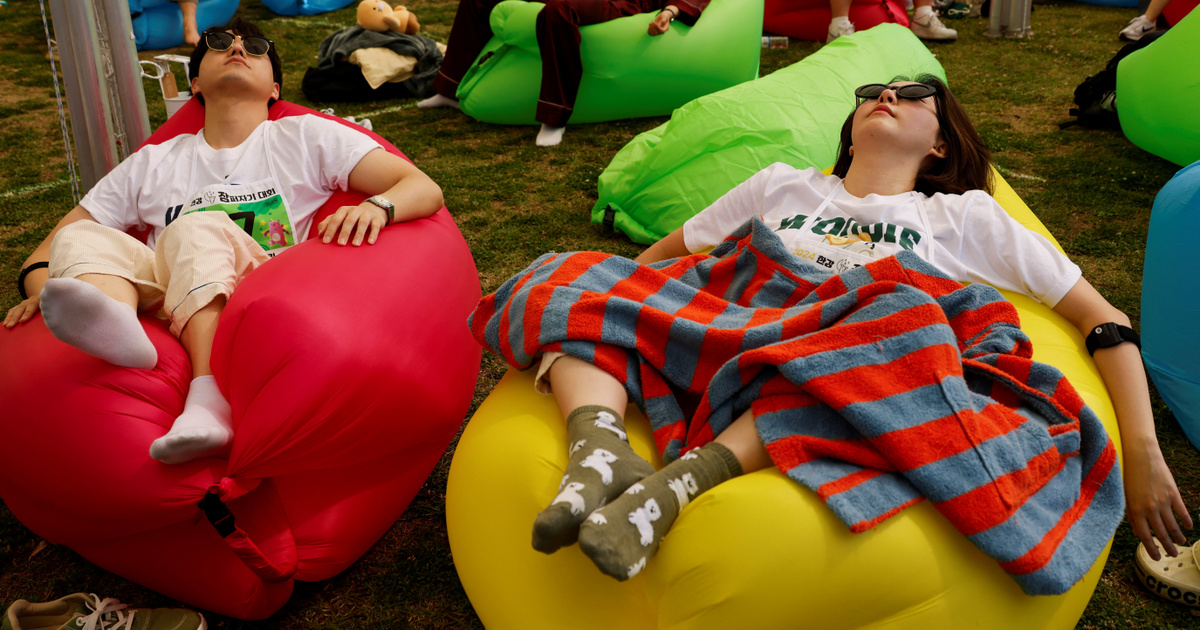#Spanish #researchers #Nobel #Prize #medicine #strategies #combat #AMR
The spread of antibiotic resistance is a major threat to human and animal health, and new solutions are needed to avoid reaching a future without effective antibiotics.
Ana Meleroresearcher at the University of Valencia (UV) and Juan Aparicio (Complutense University of Madrid) together with other specialists from up to eight European, Asian, Australian and American research centers, conclude that to fight against super-resistant bacteria adapted to current drugs, the best methods are bacteriophages, CRISPR technology and nanotechnology.
“The use of bacteriophages (viruses that only infect bacteria and not our eukaryotic cells), CRISPR technology (based on genetic modifications, where Cas proteins can be activated, which allows cutting and destroying the RNA of bacteria and viruses ) and nanotechnology are a solution that has increasingly clear evidence against the growing presence of these resistant bacteria,” says Ana Melero, from the Department of Pharmacy, Pharmaceutical Technology and Parasitology at the University of Valencia.
According to specialists, the recommended strategies to deal with this problem must be carried out at different levels. Thus, “patient awareness must be increased about the situation and measures to reduce new resistance, reduce current misuse or abuse of drugs, improve the selectivity of treatments and identify new antibioticsincluding small molecules and more complex approaches, such as biological drugs,” explains Juan Aparicio, researcher at the Complutense University of Madrid.
What has led to this situation, they say, has been the misuse of traditional antibiotics (abuse for human use), the massive use of sanitizing measures, excessive use of antibiotics in livestock and incorrect administration or completion of treatments.
In the research, relevant figures in the field of advanced drug delivery systems were interviewed to reduce or avoid antibiotic resistance. Is about Claus Michael Lehr (Saarland University, Germany) and Clive Prestidge y Nicky Thomas (both from the University of South Australia, Australia), along with the Nobel Prize winner in medicine Richard J. Roberts. . . . Likewise, the editor of the article has been Mª José Alonso (National Research Award, Premio Jaume I).
The research explains the barriers that drugs have to cross to reach the area in which they have to act, for example, orally, the acidic pH of the stomach that degrades many drugs. Then, once they reach the area where the bacteria are, they must cross the so-called biofilm, which is a type of gel that is formed when several bacteria form a colony with water, carbohydrates and proteins that they secrete, and which serves as protection for the bacteria. the colony. Once the drugs pass through this biofilm and reach the bacteria, they mainly have to overcome its outer covering.











